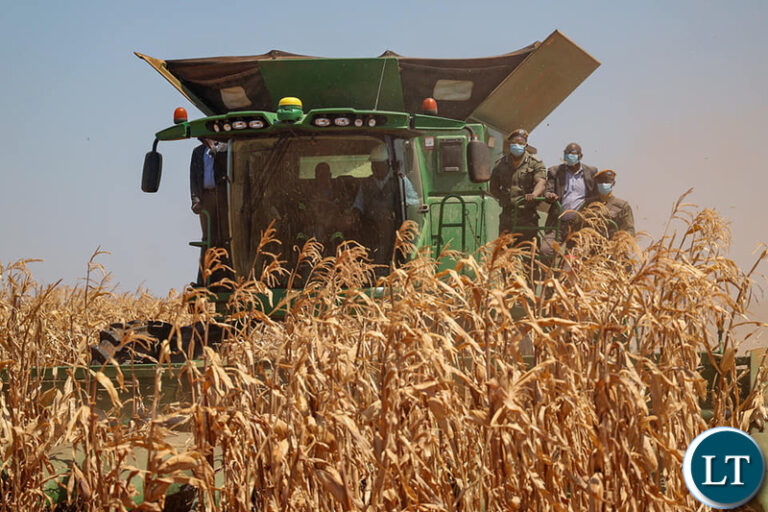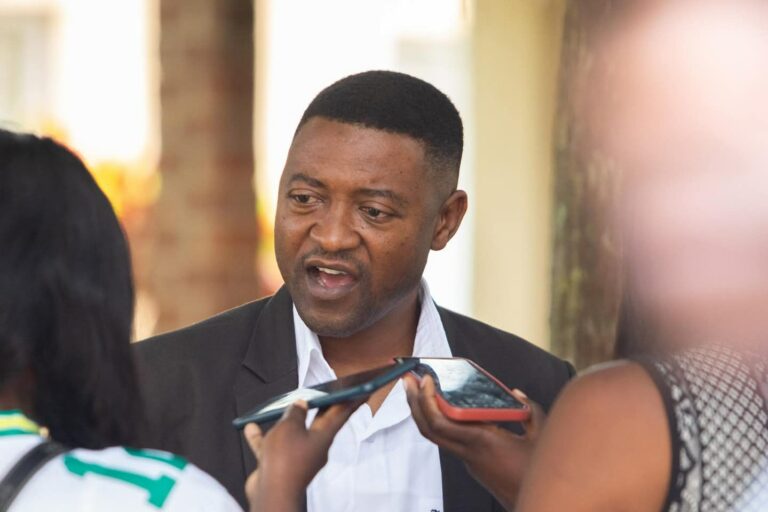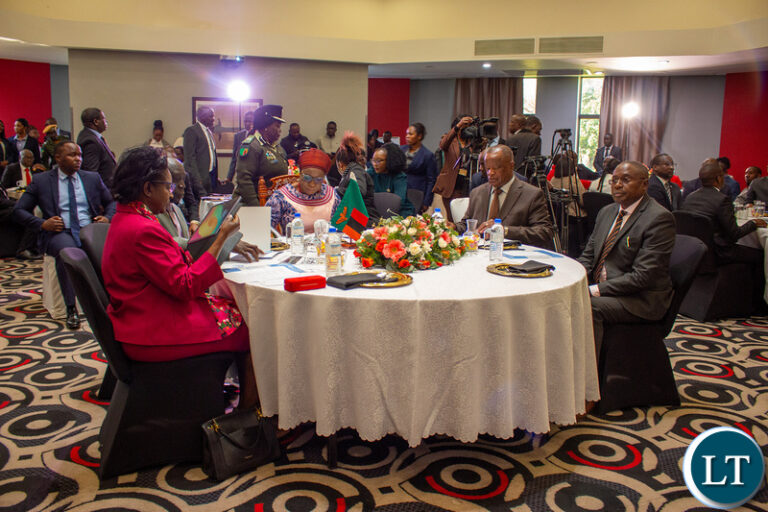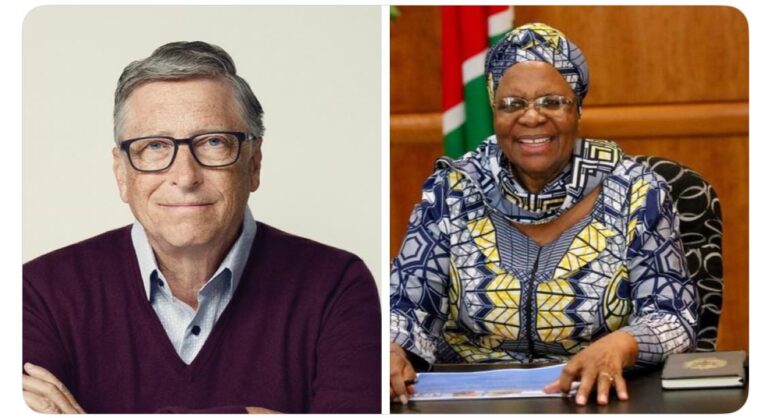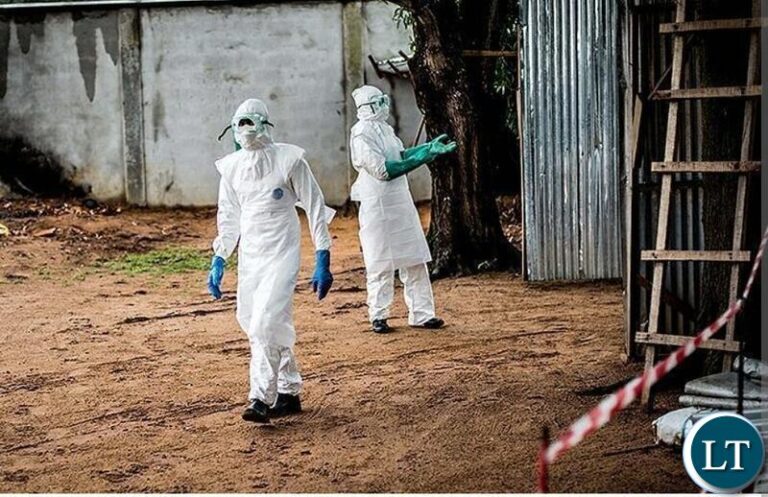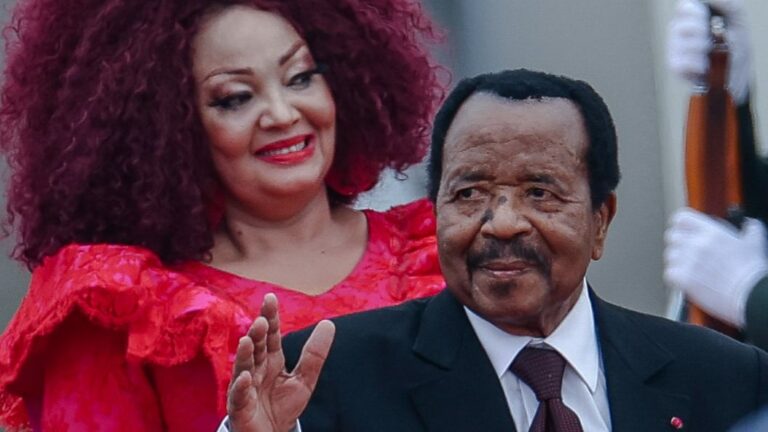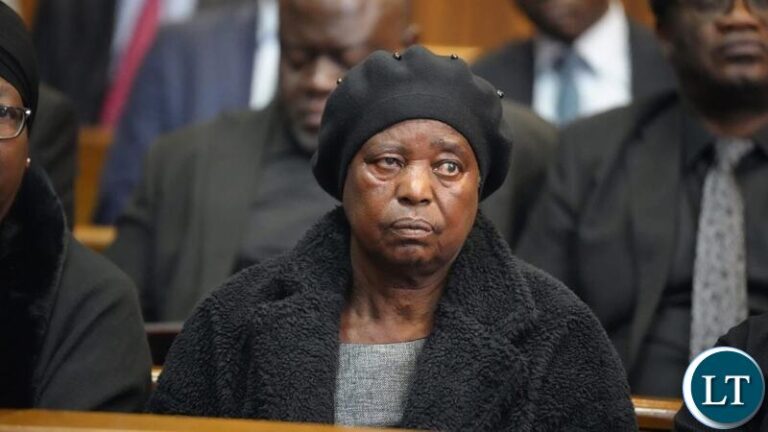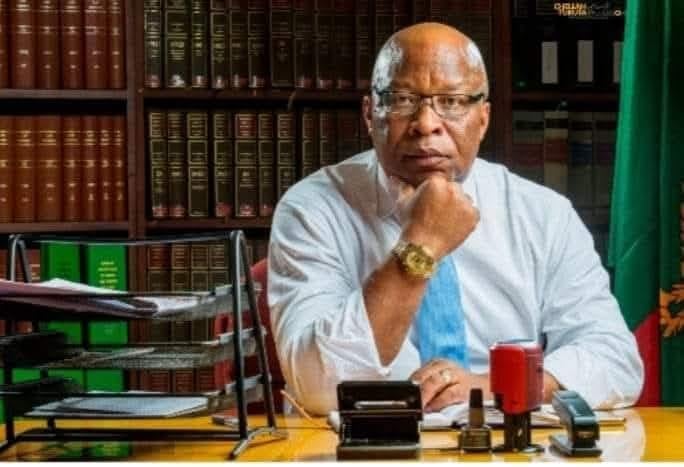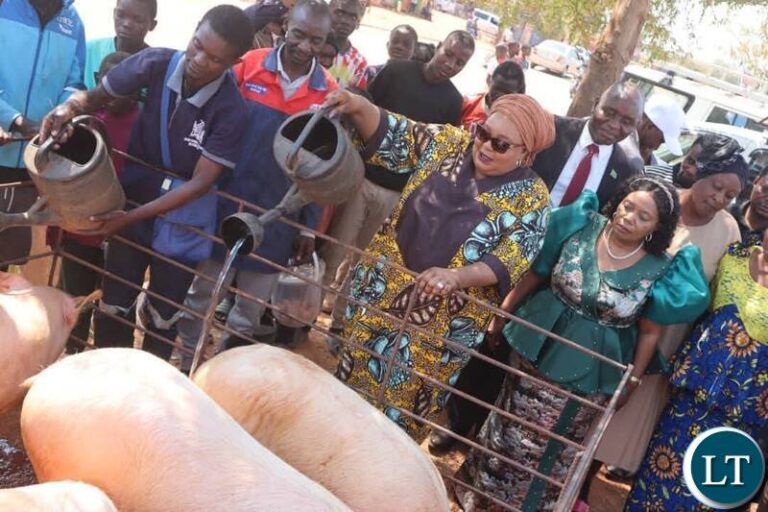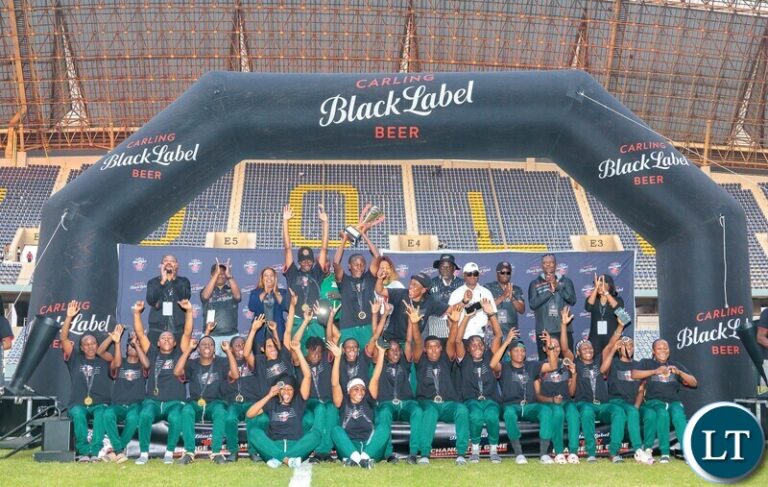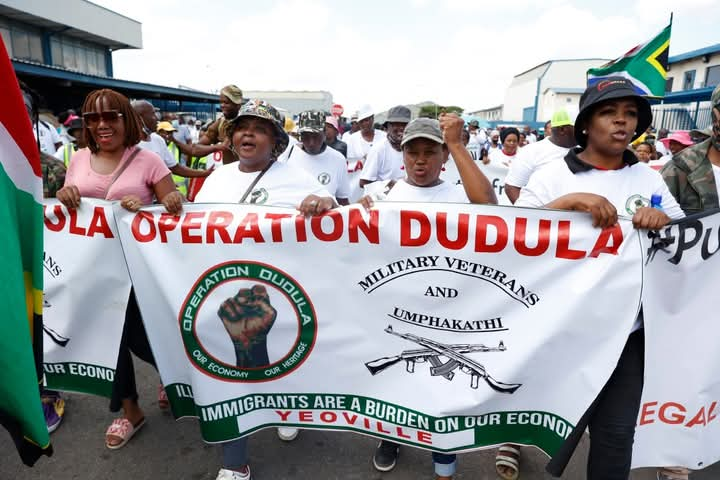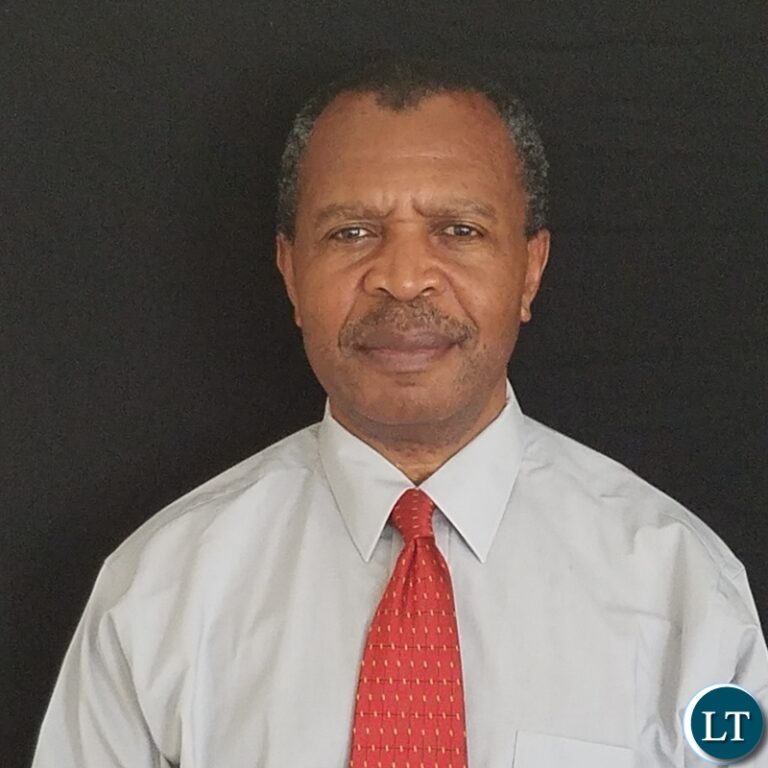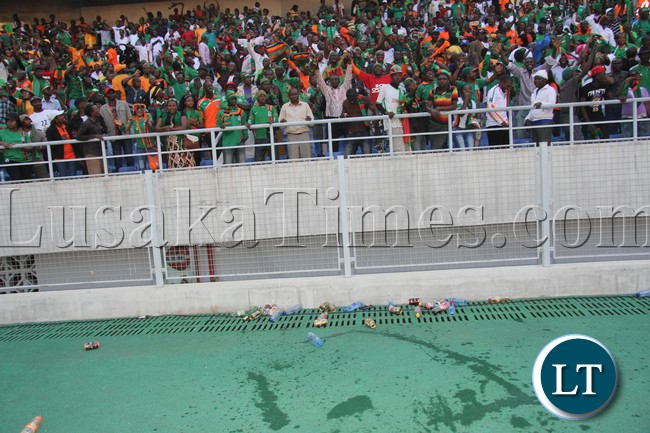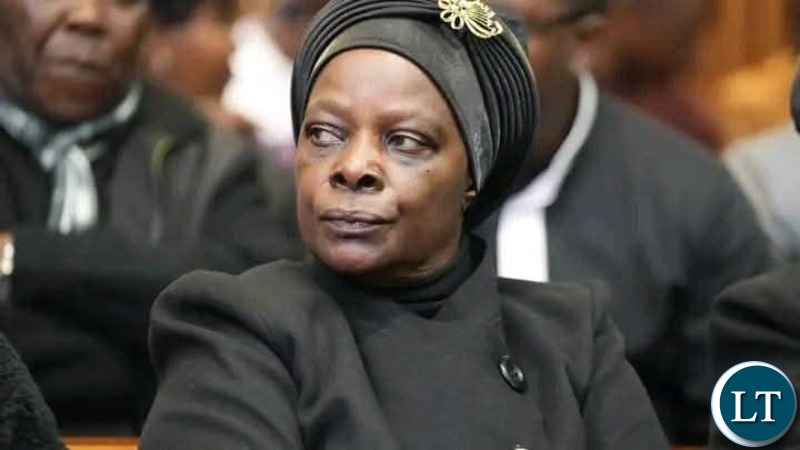
UULELILA TABAMUCEBA PAKANWA
One who is mourning must not be prevented from crying or be judged too harshly for what they say.”
— Bemba Proverb
AN HONEST LOOK INTO MAMA BELITA LUNGU’S EMOTIONAL OUTBURSTS AND THE LUNGU FAMILY’S DEMANDS ABOUT HAKAINDE HICHILEMA’S PRESENCE AT THE FUNERAL AND NEAR THE BODY OF FORMER PRESIDENT ECL
This timeless Zambian proverb reminds us that grief is unpredictable. Sometimes, It can stir emotions that override reason, and compel words that may not reflect the true character or intentions of the one who mourns, while at other times, it could reveal someones truest and deeply kept thoughts and secrets, otherwise kept hidden and secret from everyone. In our culture, we understand this — and we often respond with silence, patience, and compassion, we listen, but we don’t judge…
But there are times when grief is no longer private.
Times when the public mourning of a prominent figure, such as a former Republican President, spills into the courts, the airwaves, and the international media.When that happens, the nation has a duty not only to grieve, but to reflect — and to protect itself from being led into division, confusion, or fear.Such is the moment we now face.
Following the death of President Edgar Chagwa Lungu, Zambia has found itself caught in an unprecedented standoff. A painful, prolonged dispute has emerged between the Government and the family over the issue of repatriation, burial, and public honour.
Just days ago, in a courtroom in Pretoria, we saw a moment that shocked many.
Our elder sister, Madam Belita Lungu, broke down in emotional anguish, accusing the State of killing her brother, claiming that his body was being pursued for ritual purposes, and verbally attacking the Attorney General — even invoking his elderly mother in her lament.
It was raw. It was emotional. It was unsettling.
But perhaps it was also… revealing.
Because in that moment, Zambia may have caught a glimpse into the belief system surrounding the late President — one that we had not been fully aware of until now.A belief system dominated by a fear of dark forces, of spiritual manipulation, of the idea that power can be stolen from the dead by the living — and that the State’s constitutional duty to bury a former leader must not be viewed as simple act, but that it could hold significance of spiritual aggression.
Could it be that this fear is what now drives the family’s thinking and their incessant refusal to engage with the State in good faith?
Is this spiritual anxiety the true reason why the family has blocked every avenue, treated every effort with suspicion?, and twisted every word from the government into a perceived wrong or a threat against ECLs dignity in burial?
These are questions that we must confront honestly, not to ridicule the family— but to gain insight and understand where they are with things.
As a minister of the Gospel for over 44 years, and as someone who has served in high office, walked alongside all of Zambia’s past presidents, and personally experienced the burdens of leadership, I feel compelled to speak.
Let me begin with this truth:
President Hakainde Hichilema has no personal obsession with the body of Edgar Lungu.
I say this not from speculation, but from experience.
I know the man personally. I know his character. I know his convictions.
He is not a man of hidden rituals. He is not a practitioner of superstition.
He is a humble Seventh-day Adventist Christian, a devoted husband and father, a quiet, disciplined man from Bweengwa with the eye of an accountant, the mind of a lawyer, and the instinct of a farmer.
What drives him is not obsession, but a deep, deep sense of duty. Hakainde Hichilema never gives up on anything he pursues as long as he believes he is doing the right thing. He fights, with a clear conscience till the end, and he keeps on refining his methods untill he gets it right. That’s HH.
And so it is this sense of duty — and not a hunger for spiritual power — that compels him to do what he is doing now, something that every Head of State before him has done:
To Ensure that a former President of the Republic of Zambia, his own immediate past predecessor is laid to rest “On Zambian soil, and NOT any other Country with dignity, and in line with our national values.” And God help us, he will, but he needs the Lungu family to see this and cooperate.
Now to the fears: it was alluded that if President Lungu is buried at Embassy Park, he will somehow be spiritually used or manipulated by the current Head of State.
But Let us step back and be honest. If the remains of our former leaders held any spiritual power that could somehow be summoned for political power and advantage — then Edgar Lungu himself would never have lost the 2021 election. SIMPLE!
He had, after all, “full” presidential access to:
Kenneth Kaunda, the father of the nation,
Frederick Chiluba, the master political tactician and great orator,
Levy Mwanawasa, the legal mind,
Rupiah Banda, his political mentor, after Sata.
And of course, Michael Sata, the Lion of the Copperbelt and king of the Northern and Urban vote.
With all of them at Embassy Park, if there were such a thing as spiritual power transfer through graves, Lungu would have used up all the available “power” and still be President today. But he lost. Because it is God who gives power, not tombs.
To fear the burial of President Lungu at Embassy Park is to fundamentally misunderstand what makes Zambia great.
Our power as a nation lies not in rituals, but in righteousness. Not in superstition, but in service.
Which brings me back to Mama Belita’s outburst.
Yes, it was emotional. Yes, it was disturbing.
But perhaps we must not only critique it — perhaps we must see it as a cry for help.
A cry from a family still in deep mourning.
A family unsure, confused, and perhaps spiritually unprepared to handle the national magnitude of this moment.
And maybe, just maybe — what they need right now is not more political support, not more litigation, and not more defiance.
Perhaps what they truly need… is spiritual support.
Yes, Makebi Zulu, their legal counsel, has been loyal. But loyalty alone is not always enough. The advice he has been giving the family seems to be stretching this crisis longer than necessary. And, for me, as someone who led a ruling party (MMD) after it lost power, I can tell you what we learned the hard way: courtrooms are where political parties go to die and get buried. If the PF as a political party wants to rebuild, this is not the path they must take.
But beyond politics, this is a spiritual moment.
The insults by Mama Belita cannot, and won’t protect Edgar Lungu’s remains.
Calling the mother of the Attorney General, Mama Dinah Kabesha, names, is not going to shield the former President from their imagined rituals and spiritual threats.
Accusing President Hichilema of dark rituals will not bring any healing to the family, the PF or the nation.
Only the blood of Jesus can reach the highest mountain, even the drakensburg mountain or flow to the lowest valley, even the Luangwa Valley. There is no place where late President Lungu can be buried where he cannot be protected by his faith in Jesus Christ.
If President Lungu placed his trust in Christ while alive — then he is already safe.
And no evil force can touch him now. Not in Zambia. Not in South Africa. Not even in Zimbabwe or anywhere.
If the family wishes, I can gladly sit down with them.
Not as a politician.
Not to argue law.
But to offer what no lawyer can: the Gospel.
The reminder that spiritual things are spiritually discerned, and that true peace comes not from geographical borders, but from the Peace of God that gives all understanding.
Let us not forget the dignity of the Chiluba family, who were denied justice in life, but did not dishonour the State in death.
Let us remember the Kaunda family, who gave way for their father to be buried by the State, even when they had other preferences.
And let us not forget that President Lungu himself once performed this same duty, when, as Head of State, he buried KK with full honours at Embassy Park — a duty he carried out with dignity, and a sense of duty and not in order to perform rituals.
Now the Lungu family must be the most understanding that it is now his brothers turn. The same responsibility that President Edgar Lungu held, now falls squarely on the sholders of President Hakainde Hichilema.
To the PF: I know you feel obligated to stand by President Lungu’s family — and that is understandable. But your loyalty must not override public interest.
Do not trap yourselves, or cause the family to be trapped in any further litigation that only saps their enrgy, your party’s time and resources, and dims your much needed political relevance.
To the Lungu family: I understand your fears. I truly do.
But let me assure you — from my personal knowledge — Come Home. President Hakainde Hichilema will do you no harm.
He is not seeking power from your brother’s remains. He is only fulfilling his oath to this country.
Let President Edgar Lungu come home.
Let Zambia heal.
Let us rise, once again, to the higher road — the one that builds the nation, honours the dead, and refuses to be led by superstition and slander.
Zambia belongs to God.
Let us act like it.
ZAMBIA SHALL BE SAVED
Dr. Nevers Sekwila Mumba
President – MMD
Minister of the Gospel – 44 Years
Former Republican Vice President


